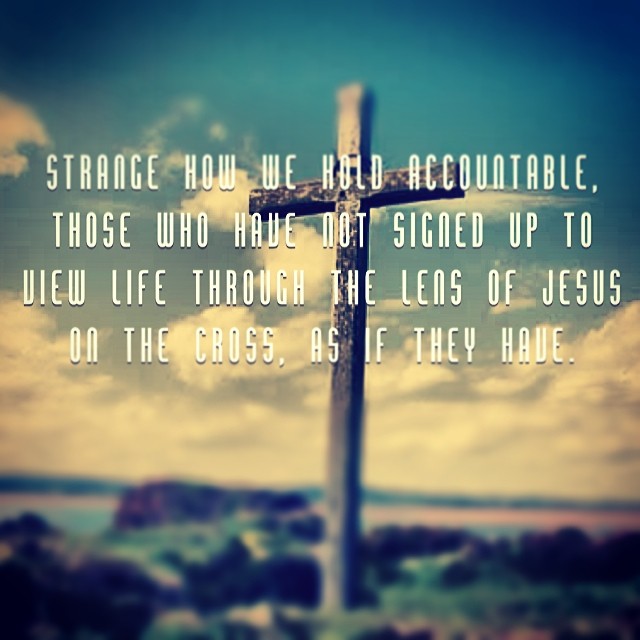Everyone’s got a line.
Mark Driscoll explained his this way… 
“I use the language of national and state borders or boundaries, i can work with anybody in the state borders but i can’t partner with anyone who’s crossed a national border.”
If you’ve followed this blog or Seminary Dropout closely you know that I don’t have much in common with Pastor Driscoll theologically or philosophically. However, on this point, I think he articulates well something that we all practice, and honestly, I think that’s okay. To echo a sentiment Christena Cleveland gave in her recent appearance on Seminary Dropout -I don’t think churches have to be diverse theologically in the same way they should be diverse in other ways. Sure, there needs to be a level of acceptable difference in theology within a church, but the spectrum of Christianity is so great that people from opposite ends would most likely not be productive within the same church.
But when we’re afraid to talk or fellowship with people across the borders we’ve gone too far. It’s like we’re all afraid of having our pictures taken with the guy who turns out to Hitler.
Let’s be honest, those with opposing views can cause our comfort level to plummet – Political Affiliation, Prosperity, Speaking in Tongues, Predestination, LBGTQ issues, Abortion, are you uncomfortable yet? I’m not advocating that we care less about these issues or that we change our minds. I’m not advocating that we have no boundaries or lines, I’m just advocating that we reach across them to love our neighbors as ourself.
1. It allows us to see people as image bearers of God.
Caricatures exist. I’ve seen their talking heads on the news, and their sermons on Youtube. They lack any subtlety, curiosity, and open-mindedness, and they’re usually angry. Subconsciously (and sometimes consciously) we begin to believe that everyone who holds that opinion is just like that caricature. They are God-hating or dumb, soul-less or selfish.
When I have had the opportunity to discuss issues like these with those I disagree, I’m almost always struck by how their opinion is filled with subtlety and thought. That’s not to say that I’m won over, it rarely happens, but that’s not the point. The point is that they become flesh and blood as they sit across the coffee valium table, they become people and not caricatures. That’s why it’s so vitally important that we stop exclusively trading barbs with people across the border via blog posts and open letters. Those mediums are particularly vulnerable to dehumanizing people.
2. It keeps us from ignorance.
Back when I was a pastor our church did not require people to be baptized to be members. We believed in and practiced baptism but simply did not require it for membership. The director of church plants in our denomination simply could not believe this. I think he thought it was close to heresy. I could hardly blame him, as someone employed by the denomination that meant that much of his time he was surrounded by co-workers who reinforced every tiny belief he held. I bet everyone in his office building thought that of course baptism should be required for church membership.
It doesn’t bother me that we had a difference of opinion. What was troubling was that he could not see how it was possible to believe any other way, and truth be told his opinion would be in the minority in big scheme of Christianity throughout history. Keep in mind church membership as we know it today isn’t found in the Bible. That’s not to say that it’s a bad thing or that there was no sense of belonging and commitment to a local church in the Bible.
3. To show that God is bigger, and avoid mocking him.
When Christ-followers display a lack of love for one another we are in effect saying – God is not big or powerful enough to bridge these difference. Either God is at work redeeming the hearts and minds of his followers or he is not. Perhaps we need to trust him more that he is drawing us all to a better understanding of who he is and what that looks like in our lives.
When we give “the line” too much power in our lives we are saying – once you go so far I no longer have to talk with you or show you kindness. This is not the example of Jesus so why should it be the example of the Christ follower.







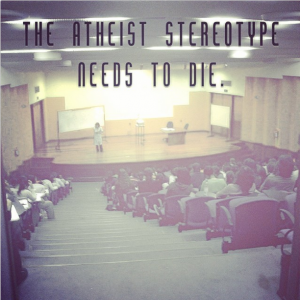




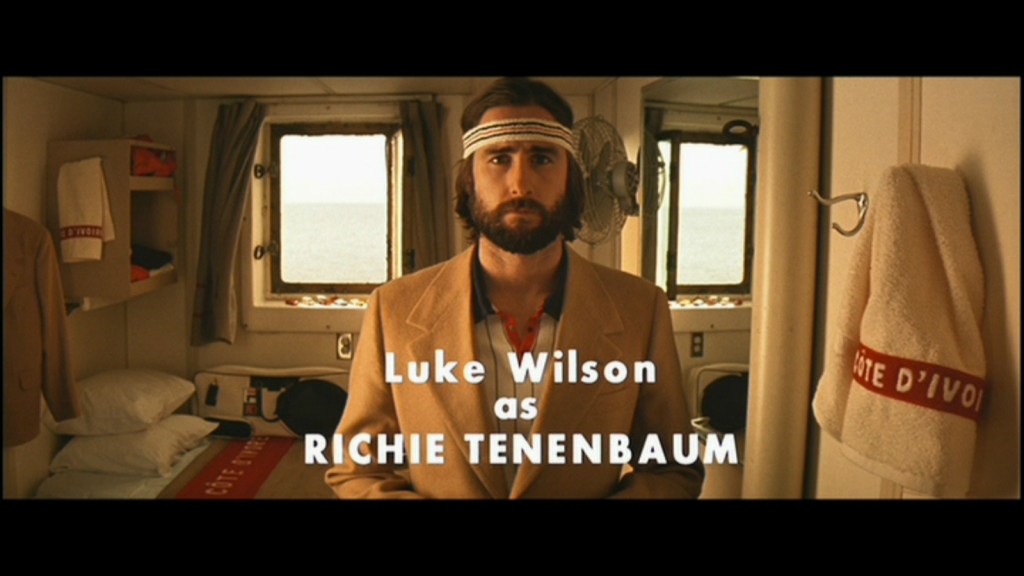
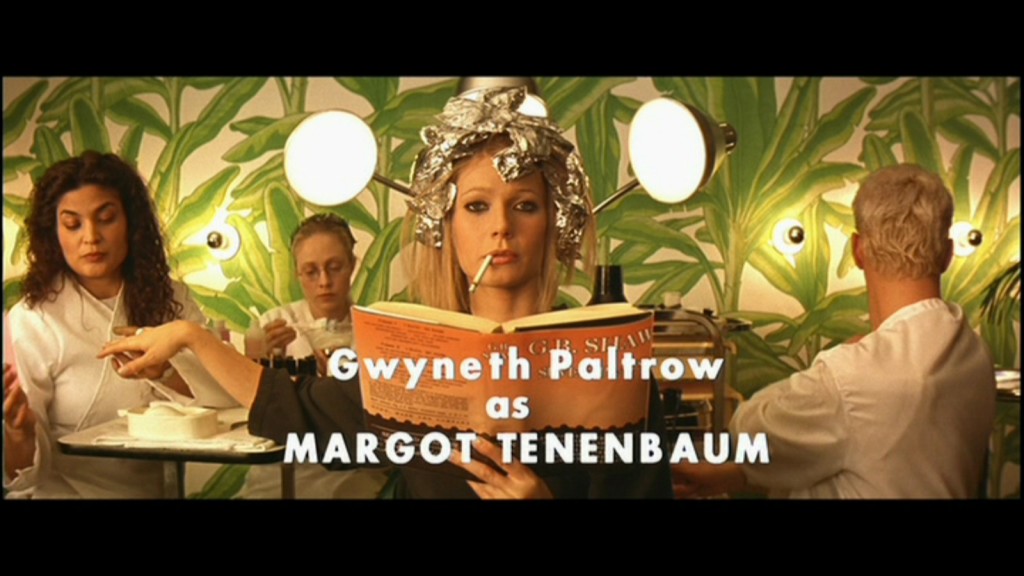

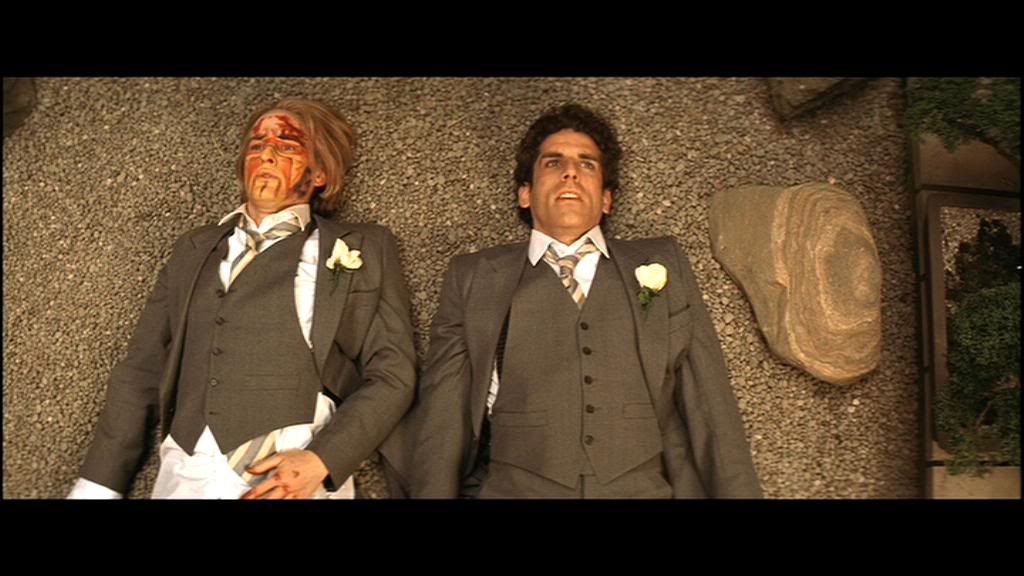
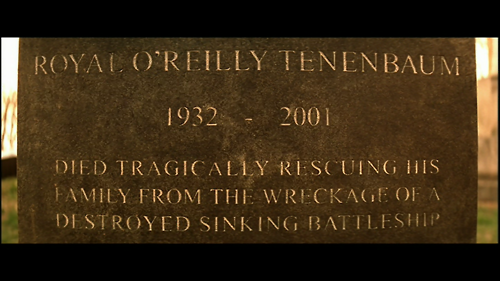

 Leonard (of All Sons and Daughters), self titled
Leonard (of All Sons and Daughters), self titled 

